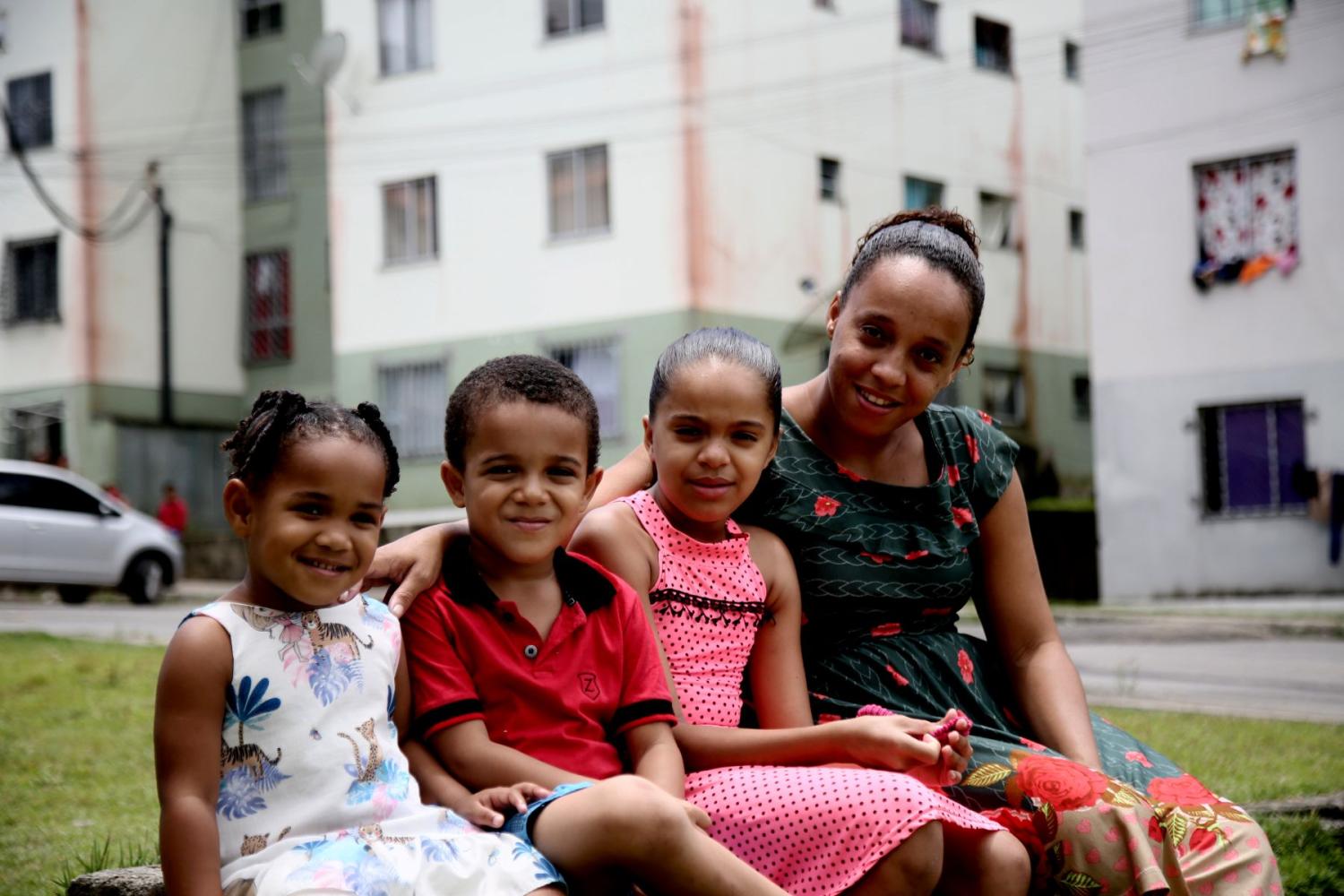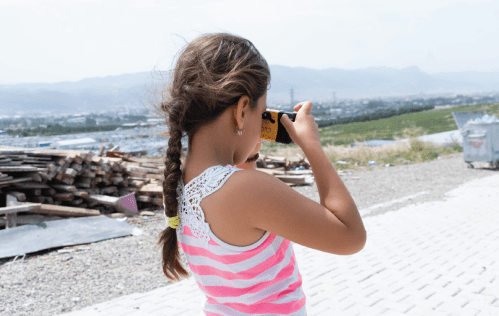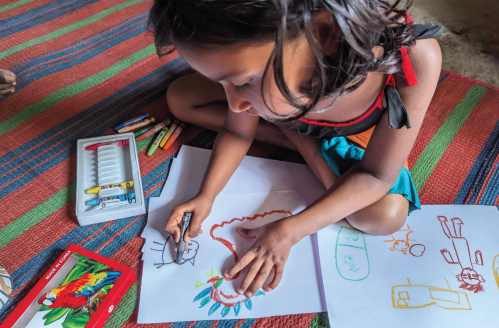Executive summary
In Brazil, education frameworks across national, state, and municipality systems acknowledge the critical role that families and communities play in young people’s education. The envisioned role of families in these education frameworks is largely decisionmaking, through their participation on school committees and in ensuring students are attending school. Yet, the responsibilities of families in these education frameworks often lack clarity, detail, and actionable guidance on how to build strong family, school, and community partnerships. Strong partnerships help ensure inclusive, equitable, and high-quality education and support students and schools to thrive.
To better understand how education leaders can support families, communities, and school partnerships in Brazil, community-based and participatory research was conducted in government primary schools in three states—Ceará, Goiás, and Paraná. This research was co-led by the Center for Universal Education (CUE) at the Brookings Institution and Vozes da Educação in Ceará and Paraná and Avante Mobilização Social e Educação in Goiás. The purpose of this policy brief is to provide findings and recommendations for education leaders and representatives from government, civil society institutions, and community organizations in Brazil on how to strengthen family, school, and community partnership education frameworks and practices at the national, state, and municipal levels.
The research was conducted between September 2022 and August 2024 with over 1,360 families and educators, including school leaders, teachers, and staff, in 16 primary schools. Additionally, a document analysis on the roles and responsibilities of families in nine national, state, and municipal education frameworks was conducted to identify how decisionmakers envision family engagement and where current approaches could be strengthened. The primary research with families and schools utilized the Conversation Starter Tools, a mixed-methods approach developed by CUE in collaboration with Vozes da Educação and other global civil society organization partners.
This policy brief supports education leaders, school teams, and civil society organizations in recognizing families as an important asset to schools and critical to student learning, development, and wellbeing. Family, school, and community engagement is critical across a child’s education trajectory of learning. This research was conducted with primary schools and findings are directly intended for this age group. However, recommendations on the importance of building a shared vision and relational trust with families are also relevant to students in early childhood as well as middle and high schools across Brazil’s states.
-
Acknowledgements and disclosures
The Brookings Institution is a nonprofit organization devoted to independent research and policy solutions. Its mission is to conduct high-quality, independent research and based on that research, to provide innovative, practical recommendations for policymakers and the public. The conclusions and recommendations of any Brookings publication are solely those of its author(s), and do not reflect the views or policies of the Institution, its management, its other scholars, or the funders acknowledged below.
Brookings gratefully acknowledges the support of Imaginable Futures and the LEGO Foundation.
Brookings recognizes that the value it provides is in its absolute commitment to quality, independence, and impact. Activities supported by its donors reflect this commitment.
The Brookings Institution is committed to quality, independence, and impact.
We are supported by a diverse array of funders. In line with our values and policies, each Brookings publication represents the sole views of its author(s).






